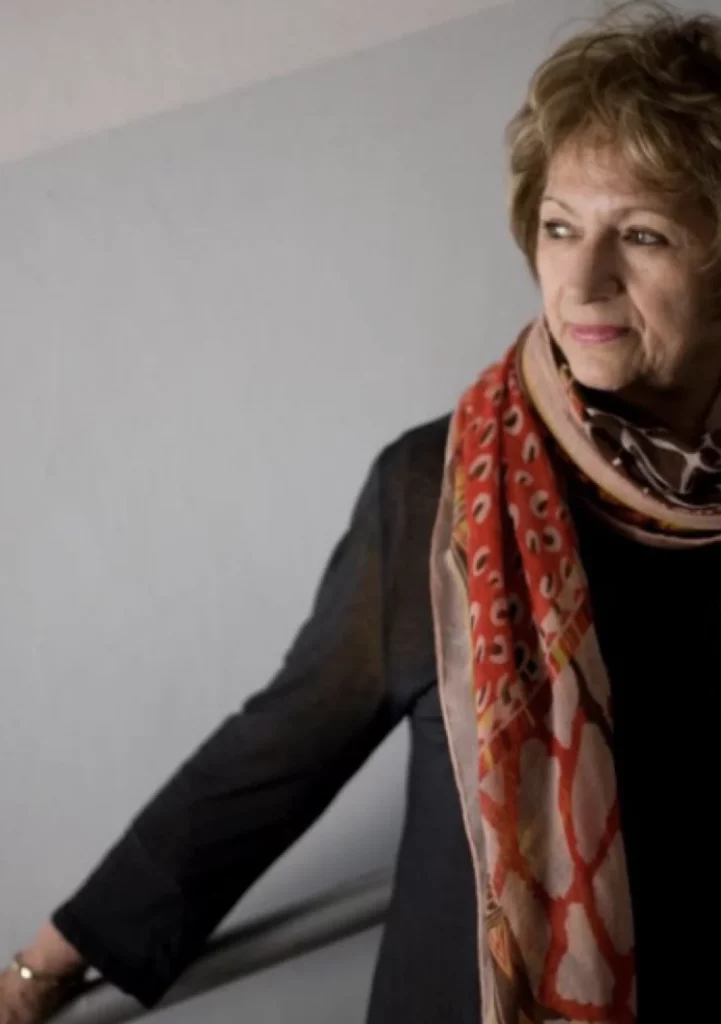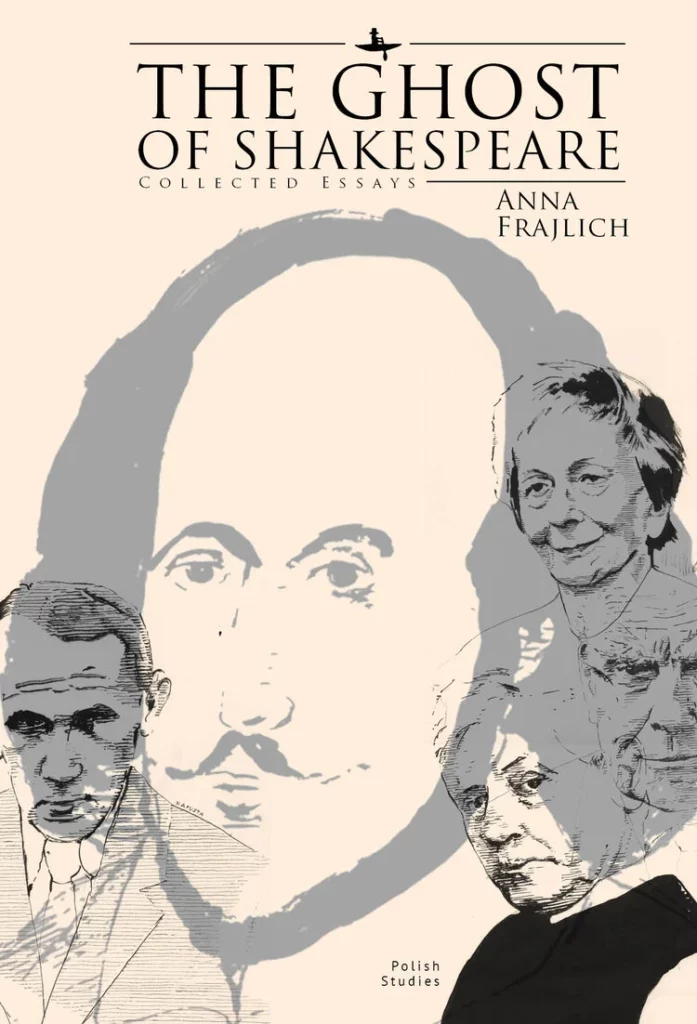
Fifty-five years have passed since the infamous March of 1968 and I still consider that event and its aftermath the major formative factor in my life, despite the fact that I was not a participant in the events, but rather a recipient. I still stand by the words of my poem:
Again I travel over
Gdansk Station
Only I cannot
Get past it
to the order of the day.
I have traveled to Poland many times since my first return in 1993, but I never go down the stairs to see the station itself. Even though I know that there is a plaque commemorating our exodus, and now even the impression of my face appears there on a mural.
The image of the station that I saw the last time on November 12, 1969, predominates in my memory. It’s not an image I cherish, but I cherish the memory of friends, some of whom I saw there for the last time. Who I am now was determined by my exilic experience. It was there and then that I realized how brittle the principle of our safety was, and this forced me, initially against my will, to take charge of my own life. It sounds a bit like a slogan, but it was a great lesson in humility, which exile always is.
For so many years our predicament was like internal bleeding, our wounds were deeply hidden and invisible to an outsider. Not much attention had been paid to it inside or outside Poland; the nature of the hurt was incomprehensible and was to be suffered in silence.
There was a tendency to minimize the fact that we were banished from the country that we considered our own. We were all forced to renounce our citizenship. I had to sign the renunciation for my two-year-old son.
Even after we left, painful forms of harassment followed some of us, people were denied entry visas to bury their parents, or visit sick family members. Some who were allowed to enter faced harassment: they were told they were lucky that their parent had terminal cancer otherwise they wouldn’t have been given a visa.
Most of us were raised in an atmosphere that was both patriotic and dogmatic, which made coming to terms with the reality of banishment all the more difficult. It was not only making the painful decision to leave the country, being forced listening to false public accusations, but also enduring the false atmosphere that surrounded this matter, as well as the curse cast upon those who left and those who maintained contact with them. Hence, letters were sent without the sender’s address, meetings, if any, were always held in secret. Everything was calculated so that the person falsely accused would feel guilty.
Adam Michnik quite appropriately termed 1968 in Poland a “dry pogrom,” because “pogrom” connotes physical violence and an attack on a person’s dignity by various means, including an attack on one’s possessions. We hear and read how custom officials deliberately broke people’s sets of China and memorabilia. Actions such as these are part and parcel of the pogrom mentality.
One has to remember that what we call March 68 in Poland, started in June 1967, immediately after the Arab-Israeli War. First, we experienced banishment in the form of definition, from Poles of Jewish origin we suddenly became Zionists, the “fifth column.” One of the most humiliating acts took place long before March, by forcing the board of the Cultural Association of Polish Jews to condemn Israel. On the one hand, Gomułka and his gang named every Jew a Zionist, and on the other, they wanted to grill every Jew so that they would deny being one.
Pregnant at the time, I felt physically threatened and for the first time I feared that I was not protected by the law in the face of all the propaganda and the so-called “spontaneous” demonstrations of Arab students on the streets of Warsaw. Not being engaged in political life, we soon—like many of our friends—started to feel its effects, culminating for us in an anti-Semitic, offensive sign on our door. Such a sign on the door is not only an offense—it is a denunciation.
Many of us tried to wait out the hate campaign; we could not see ourselves leaving Poland. To prompt people like us, the Polish Press Agency published a warning that permission to leave would be issued in the “usual” manner only until September 1969. That infamous communiqué, accompanied by rumors of resettlement, did the trick for the many who were undecided.
Our enforced emigration was intentional. It was not a byproduct of the policy—it was the goal. Together, the government, the Party, the security forces, and the army set the entire apparatus into motion with a campaign of harassment and humiliation of young and old alike. Many scholars of Jewish origin throughout the country were harassed, fired from their jobs, and even arrested. Some were fired and not allowed to emigrate if they insisted on stating that their nationality was Polish. The ruling people needed the apartments and positions to allure supporters.
Obtaining our American visas required passing through the customary vetting “stations”—a few days in Vienna, and seven months in Rome. Finally, we landed in the States.
Fifty years later many things look different, the sole fact that most of us survived, and many of us succeeded in our new life is an act of defiance and a triumph over what might have been. Many of those who did not emigrate also constructed good lives and careers.
But I am painfully aware that this was not everyone’s lot. I have seen too many lives ruined by this exile. People who were pulled out of their lives at a later stage, people who could not find themselves in the new circumstances, and could not recover psychologically and otherwise. My loyalty to them, and to their fate determines my ambivalent view on recovering the citizenship taken away from us at departure.
It is my parents’ generation whose pain is of the greatest concern to me. Despite their heroic efforts to survive in the new circumstances, they never recovered from their exilic wounds. Theirs was a generation that suffered two world wars, which lost everything and almost everyone in the Second World War, who had worked all their adult life in their home country, and faced exile in their retirement after losing that retirement at home.
They are the silent ones, those who passed away before they could share their stories. Even those who did not emigrate faced humiliation and separation from their families and friends. Families of three generations were uprooted to another country as the direct result of 1968. Grandchildren spoke a language that the grandparents were too old to master.
During World War I my father’s family fled the Cossack pogroms from Galicia to Prague; during World War II he was forced to go East with the work battalions, leaving his family behind. When both my parents returned from the Soviet Union, where they survived the war, their native town Lwów was off limits; none of the parents, siblings and families left behind were alive.
Only when I found myself in exile did I realize that my parents’ postwar life was already an exilic experience, only then was I able to comprehend their life-long feeling of displacement and their nostalgia for Lwów.
Many countries throughout the world have expelled Jews at one time or another. And time and time again we observe an increase of anti-Semitism in Europe, and the United States, by which I mean not only randomly expressed anti-Semitic sentiments, but also the increased general acceptance of such expressions. Today we see quite often how blaming Jews shifts to blaming the Zionists, especially on university campuses. It is a recognizable deception.
(Source: Segments from Anna Frajlich, The Ghost of Shakespeare: Collected Essays, edits by Forgotten Exodus Project)

